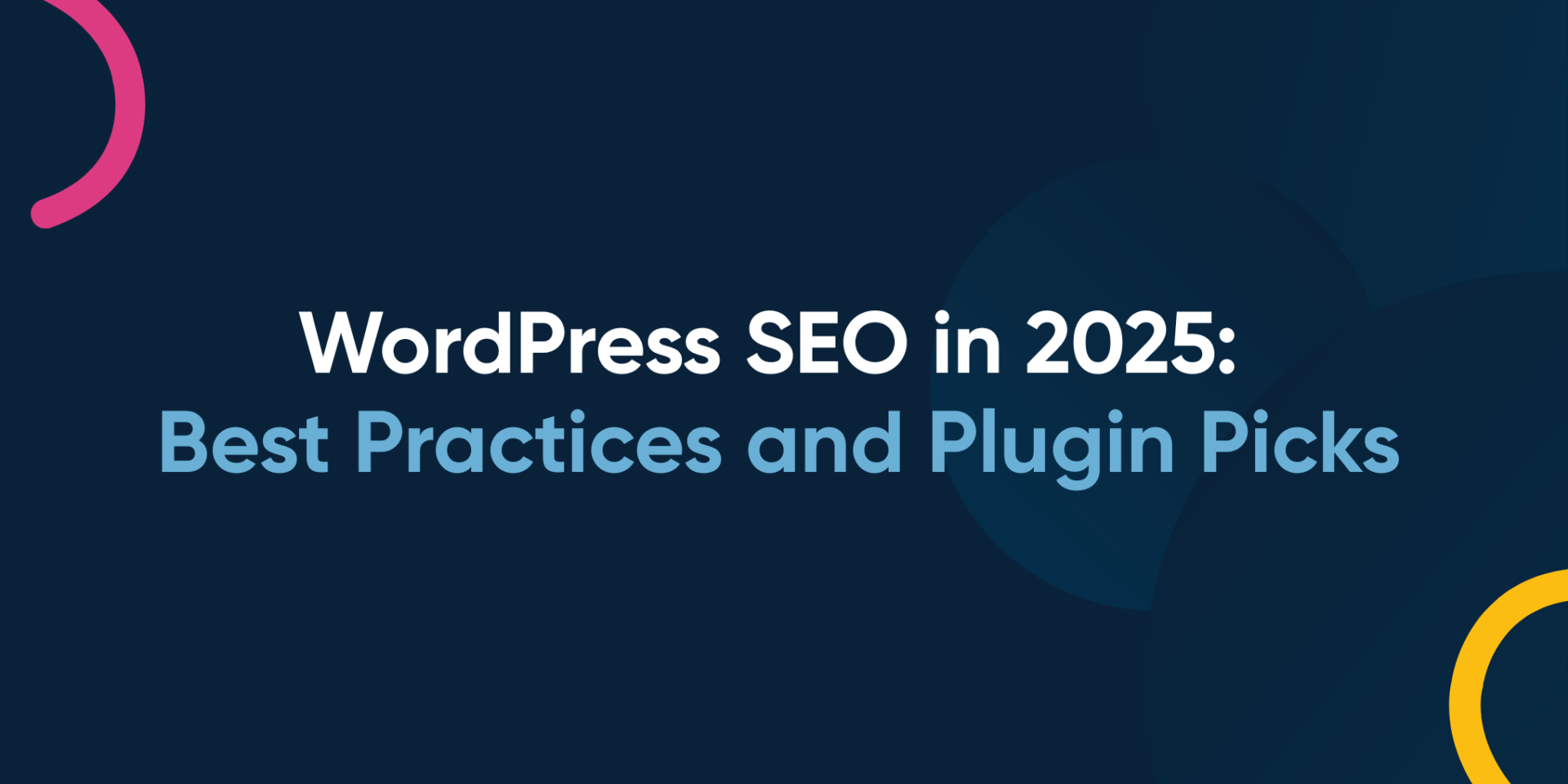WordPress SEO in 2025: Best Practices and Plugin Picks
Let’s be honest, WordPress has come a long way. And in 2025, it remains the go-to platform for businesses seeking full control, scalability, and robust SEO capabilities. But here’s the catch: what worked for WordPress SEO in 2018 won’t cut it anymore.
So, what does work?
This guide walks you through the new rules of WordPress SEO, along with the plugins that make optimisation smoother, faster, and a lot less stressful.
SEO in 2025: What’s Changed?
Search intent is king. Google isn’t just matching keywords; it’s trying to understand what the user really wants. Your content must be more helpful, relevant, and human.
User experience as a ranking factor. If your site is clunky, slow, or inaccessible, it doesn’t matter how good your content is, it’s going to underperform.
AI integration everywhere. From writing meta descriptions to suggesting schema markup, AI tools are now woven into the SEO toolkit.
Best Practices You Can’t Ignore
- Speed is non-negotiable
Compress images (WebP or AVIF), pick a lightweight theme, and enable lazy loading. If your site takes more than 2 seconds to load, you’re bleeding traffic. - Clean site structure
One H1 per page.
Logical heading hierarchy (no skipping levels).
Strong internal linking to improve crawlability.
Mobile-first design
Your site must look and function flawlessly across devices. AMP isn’t essential for every site, but for news-heavy sites, it still helps.Schema markup
Use structured data for FAQs, products, events, or reviews. This boosts your chances of rich snippets in search.Write for humans, optimise for search
Helpful, conversational, and natural language wins. Back it up with solid keyword research.
On-Page SEO Must-Haves in 2025
Optimised meta titles and descriptions (use AI for suggestions but review manually).
Content depth and topical authority: Create pillar pages and clusters instead of thin content.
Multimedia SEO: Optimise images, videos, and even podcasts with proper tags and transcripts.
Accessibility: Alt text, keyboard navigation, and readable fonts aren’t just ethical, they’re ranking signals.
Off-Page SEO: Still Relevant
Backlinks with context: Quality over quantity. Guest posts, industry directories, and niche collaborations work best.
Brand mentions: Google now picks up on unlinked brand mentions as authority signals.
Social signals: While indirect, high engagement on platforms can drive traffic and indirectly boost rankings.
The Role of AI in WordPress SEO
AI-driven keyword clustering tools for better content strategy.
Plugins that auto-generate schema markup.
AI-powered content audits that flag duplicate content, thin posts, or missed opportunities.
The key? Use AI as an assistant, not a replacement.
Top WordPress SEO Plugins in 2025
Yoast SEO Premium – Still great for beginners, with AI-enhanced readability and structured data tools.
Rank Math Pro – Lightweight, powerful, and increasingly the favorite for advanced users.
All in One SEO (AIOSEO) – Excellent for ecommerce, WooCommerce integration, and schema automation.
SEOPress – Affordable alternative with pro-level features.
WP Rocket (for speed) – Not an SEO plugin per se, but essential for performance.
Imagify or ShortPixel – Image compression that actually works without killing quality.
Advanced WordPress SEO Tips for 2025
- Topic clustering: Build a content ecosystem around core topics instead of chasing one-off keywords.
- Entity-based SEO: Use internal linking, schema, and authoritative references to show Google how your site connects to broader topics.
- Voice and conversational search: Optimise for long-tail, natural language queries.
- E-E-A-T signals (Experience, Expertise, Authoritativeness, Trustworthiness): Highlight author bios, cite reputable sources, and demonstrate first-hand experience.
Wrapping Up
WordPress SEO in 2025 is about combining technical precision with human-first content. Speed, structure, and schema matter, but so does empathy, clarity, and trust.
With the right plugins and practices, your WordPress site isn’t just ready for search engines, it’s ready for your users.
